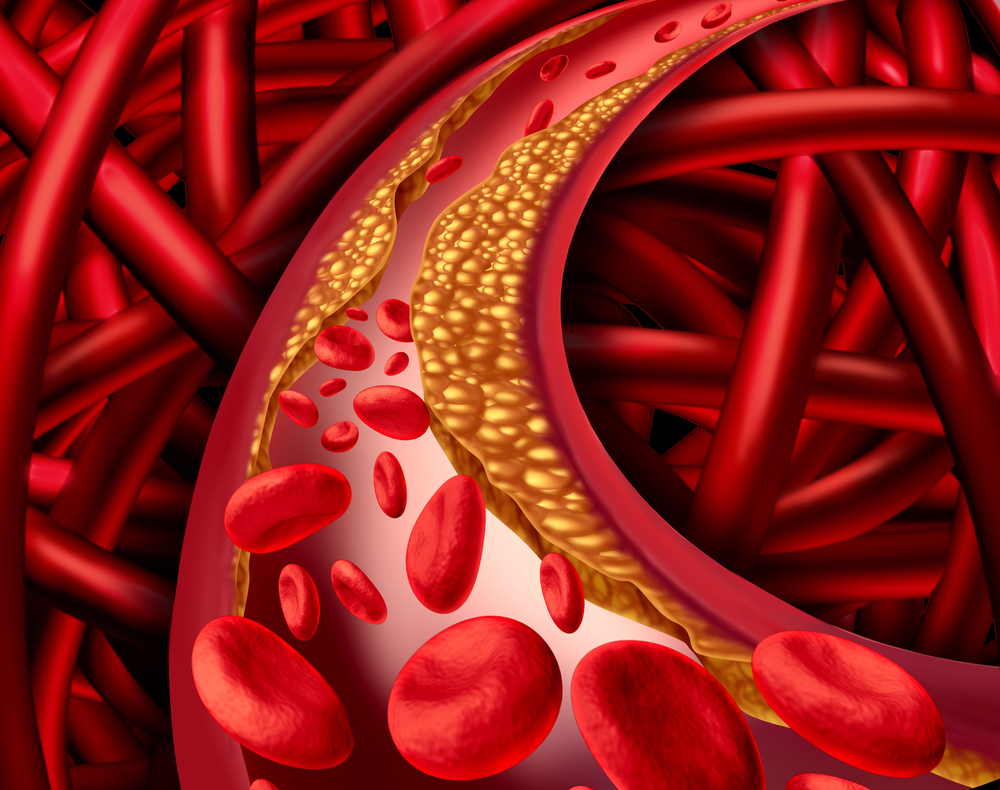
The Food and Drug Administration (FDA) on Thursday granted a breakthrough therapy designation to Regeneron’s evinacumab for treating a rare but severe form of hypercholesterolemia called Homozygous Familial Hypercholesterolemia (HoFH).
HoFH is an inherited disorder that can cause premature cardiovascular disease as a result of very high levels of LDL cholesterol ranging between 500 to 1000 mg/dl versus normal cholesterol levels of less than 130 mg/dl, according to Regeneron’s announcement.
Evinacumab is an investigational monoclonal antibody targeting angiopoietin-like protein 3, which inhibits lipoprotein lipase and endothelial lipase. The company believes these two enzymes play an important role in lipoprotein metabolism.
The FDA made its decision to give this designation after reviewing data from a Phase 2 study showing the drug achieved its primary endpoint by producing an additional 55 percent reduction in LDL-cholesterol levels when used in conjunction with a standard lipid-lowering therapy.
“HoFH patients are not as responsive to traditional lipid lowering therapies like statins, and use of some new treatment options can be limited by safety and tolerability concerns,” said Regeneron’s Vice President of Program Direction Bill Sasiela, Ph.D., regarding these results at the time. “Preliminary data from this ongoing study show that evinacumab reduced LDL-C when combined with other lipid-lowering therapies, and suggests that ANGPTL3 is a new and exciting target that we look forward to exploring further in additional clinical trials.”
Breakthrough labels help drug-makers working on therapies for life-threatening conditions move quickly through the rest of the regulatory process.
Regeneron’s next move is to plan a phase 3 trial.
Filed Under: Drug Discovery




